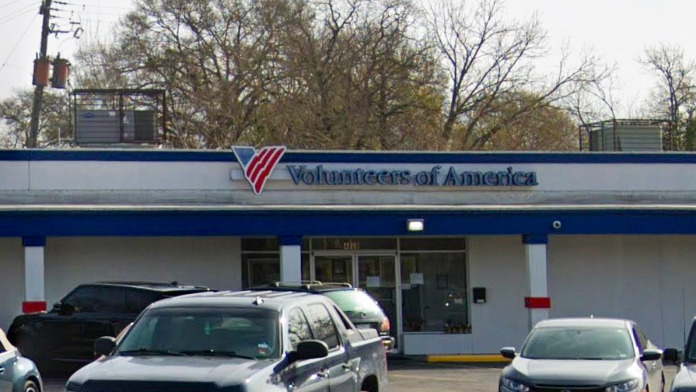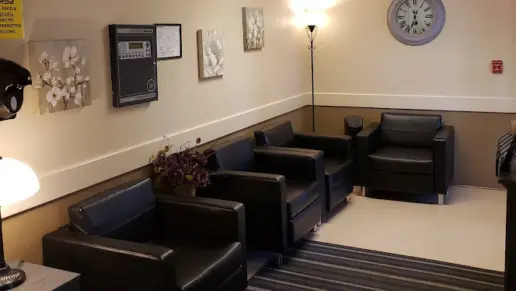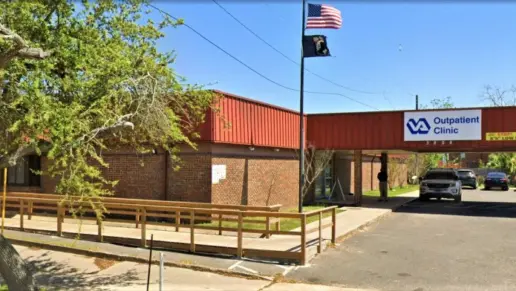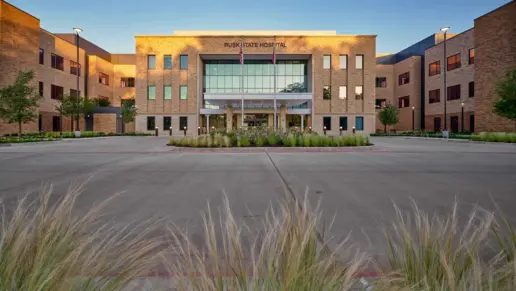About Volunteers of America
Volunteers of America provides an array of community based services for individuals across the country. At their Fresh Start Program in Houston, Texas office, they offer outpatient treatment for adults with substance use disorders. They have special assistance available for opioid addicted persons, mothers with children, and people who have been through trauma.
I like that this program doesn’t just treat the addiction itself. Instead, they also focus on the other areas of your life that might have been impacted by chemical dependency, such as your job situation and housing. If you need help finding somewhere to live or securing a job that fits your skill set, they’ll put you on the right track. Their goal is to help you regain your solid footing so you can strengthen your relationships and create a strong network of support. That way, you’ll reclaim what you’ve lost through addiction.
Some of the services they offer include parenting classes, career counseling and training, financial support, and housing placement. They also go into local schools to educate children and teens on the dangers of addiction and encourage them to make good choices.
Several clients say this is a great place to go for assistance when you’re in a time of need. They mention that the staff here is more helpful than most, and is always available.
Latest Reviews
Rehab Score
Gallery

Location
Addiction Treatments
Levels of Care
Treatments
The goal of treatment for alcoholism is abstinence. Those with poor social support, poor motivation, or psychiatric disorders tend to relapse within a few years of treatment. For these people, success is measured by longer periods of abstinence, reduced use of alcohol, better health, and improved social functioning. Recovery and Maintenance are usually based on 12 step programs and AA meetings.
During rehab in Texas, you'll deal with underlying issues that contribute to addiction. By addressing these challenges and learning healthy ways to cope with them, you'll develop strategies that help you live a drug-free lifestyle.
Opioid rehabs specialize in supporting those recovering from opioid addiction. They treat those suffering from addiction to illegal opioids like heroin, as well as prescription drugs like oxycodone. These centers typically combine both physical as well as mental and emotional support to help stop addiction. Physical support often includes medical detox and subsequent medical support (including medication), and mental support includes in-depth therapy to address the underlying causes of addiction.
Substance rehabs focus on helping individuals recover from substance abuse, including alcohol and drug addiction (both illegal and prescription drugs). They often include the opportunity to engage in both individual as well as group therapy.
Programs


Clinical Services
Research clearly demonstrates that recovery is far more successful and sustainable when loved ones like family members participate in rehab and substance abuse treatment. Genetic factors may be at play when it comes to drug and alcohol addiction, as well as mental health issues. Family dynamics often play a critical role in addiction triggers, and if properly educated, family members can be a strong source of support when it comes to rehabilitation.
Group therapy is any therapeutic work that happens in a group (not one-on-one). There are a number of different group therapy modalities, including support groups, experiential therapy, psycho-education, and more. Group therapy involves treatment as well as processing interaction between group members.
In individual therapy, a patient meets one-on-one with a trained psychologist or counselor. Therapy is a pivotal part of effective substance abuse treatment, as it often covers root causes of addiction, including challenges faced by the patient in their social, family, and work/school life.
Life skills trainings involve all the skills a person must have in order to function successfully in the world. These include time management, career guidance, money management, and effective communication. Truly successful addiction recovery is based on the ability to not only live substance-free, but to thrive. Life skills teaches the practical necessities of functioning in society, which sets clients up for success in life, and therefore sobriety.
Amenities
-
Residential Setting
-
Private Setting
Contact Information
4808 Yale Street
Houston, TX 77018


